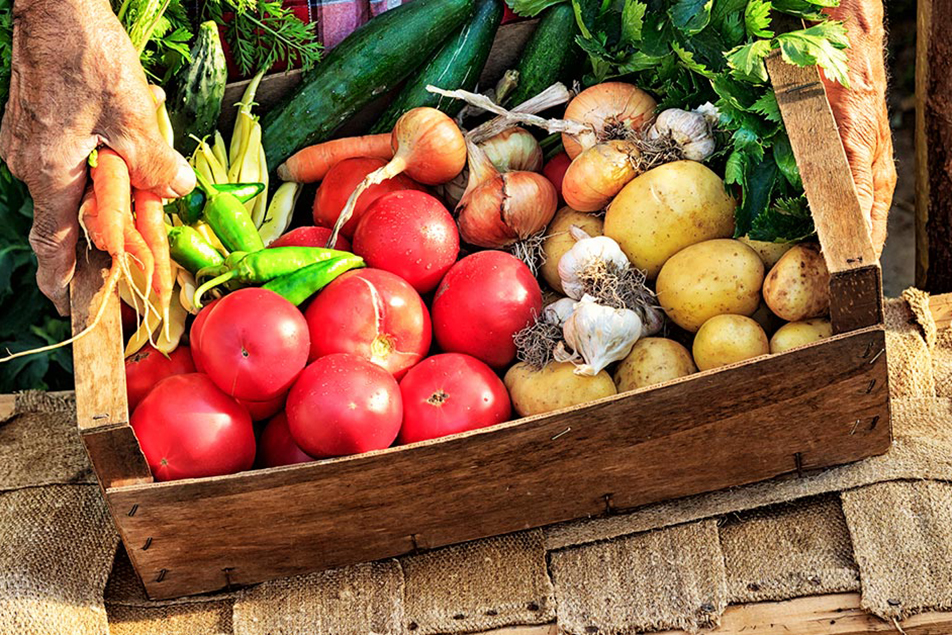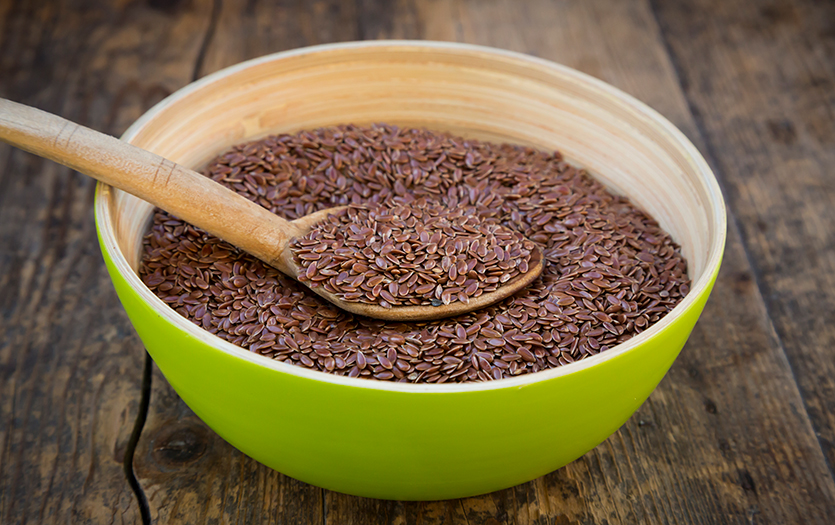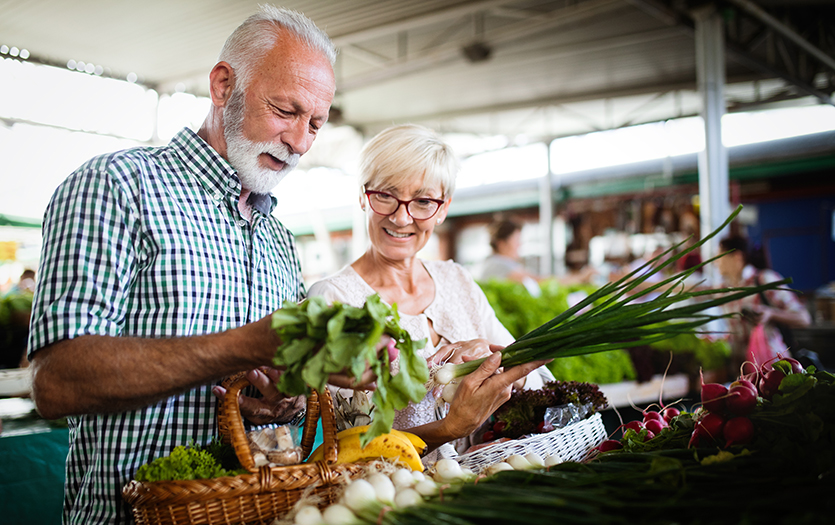

Being a responsible consumer means knowing what your supporting with your pocketbook as well as all of the ingredients you are serving up at the dinner table. The truth is, buying organic meat and produce benefits our planet and local economy, decreases the presence of toxic, harmful chemicals in our bodies and – oh yeah – tastes better on our plates. While the science is there, still many consumers struggle with availability, cost and justification for shopping this way. Melissa Buesching, community outreach coordinator, The Parkview Center for Healthy Living – Warsaw, shares ways to make organic work for you.
Q: Why is organic food so important?
A: Advocates argue that there are compelling reasons to choose organic food for safety and nutrition reasons, but I guess when I think of organic, I also like to think it’s about the overall health of the environment and society as a whole. From a personal standpoint, I have an appreciation for farming. As a little girl, I remember being on my aunt’s farm quite a bit and learning about the importance of gardening and growing your own fruits and vegetables, as well as raising your own meats in a healthy way. Farming is hard work, especially if it’s your livelihood. I think being on the farm, you better appreciate where your food sources come from. Getting to know the local farmers and sources supplying your food is a great way to understand and appreciate how the food you consume is grown or raised.
Q: Is organic produce dirtier than other produce?
A: All produce is dirty in a way since it comes from the soil/earth, but produce that’s shipped to the grocery store raises other concerns. This produce might be picked early to make it to market on time, so the ripening process is cut short and potentially hasn’t happened at all. Once that produce has made it to the supermarket, it’s often waxed and polished before it’s presented to you, the consumer. When deciding to purchase that apple, pear or tomato keep in mind, you are consuming everything on that fruit or vegetable.
Conversely, produce that comes directly from the farm, whether it’s via a CSA program or local farmers market, has generally been picked fresh from the garden either the day before or the day of the market. They might look a little wilted from the heat or have an imperfection of some sort, but an understanding of local farming results in a better appreciation for their natural appearance.

Q: What’s a CSA box and is that guaranteed to be organic?
A: CSA means Community Supported Agriculture. A CSA box includes agriculture, such as fruits and vegetables, from a local farm. Subscribers typically prepay for the box and receive different items based on the growing season. A CSA also refers to a particular association of individuals who have pledged to support one or more local farms, with growers and consumers sharing the risks and benefits of food production. CSA members, or subscribers, pay at the onset of the growing season for a share of the anticipated harvest. Once the harvesting process begins, the consumer will then periodically receive shares of the respective farmers produce. CSA services may include other farm products, such as honey, eggs, dairy, flowers or even meat. Buying produce from your local farmer, you are working to maintain a healthy environment, a vibrant community and a strong and sustainable local economy for you and your family.
Q. Organic can be expensive. What’s worth the additional price and what isn’t?
A: Fruits and vegetables that carry higher levels of pesticide residue are definitely worth the extra cost. These include: spinach, green peas, green beans, green onions or scallions, summer and winter squash, apples, peaches, pears, strawberries, blackberries and raspberries. (Reference the Environmental Working Group’s (EWG) Dirty Dozen for the 12 produce items that pack the most pesticide residue.)
Q: Is organic sugar, flour, etc. still harmful if I have too much?
A: Organic or not, sugar and flour are consider two of the great white hazards and can lead to weight gain. Avoid the white stuff in every form!
For more, on this topic, join Kyla Zehr, MA, RDN, registered dietician nutritionist, Parkview Center for Healthy Living, for her class Organic vs. Non-Organic on Monday, June 13, 10:30 – 11:15 a.m. at Parkview Center for Healthy Living – Warsaw (located in the Parkview Warsaw YMCA).



